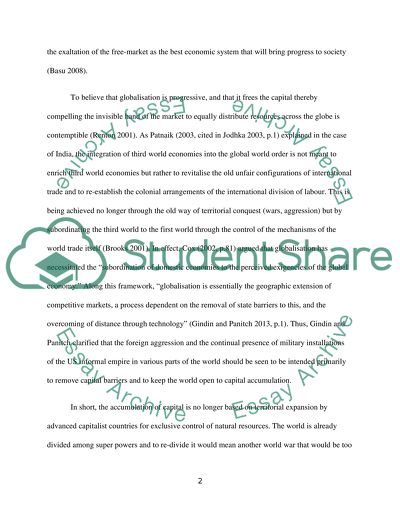Cite this document
(Globalisation and the Role of the State Research Paper, n.d.)
Globalisation and the Role of the State Research Paper. Retrieved from https://studentshare.org/sociology/1488783-globalisation-and-the-state-discuss
Globalisation and the Role of the State Research Paper. Retrieved from https://studentshare.org/sociology/1488783-globalisation-and-the-state-discuss
(Globalisation and the Role of the State Research Paper)
Globalisation and the Role of the State Research Paper. https://studentshare.org/sociology/1488783-globalisation-and-the-state-discuss.
Globalisation and the Role of the State Research Paper. https://studentshare.org/sociology/1488783-globalisation-and-the-state-discuss.
“Globalisation and the Role of the State Research Paper”, n.d. https://studentshare.org/sociology/1488783-globalisation-and-the-state-discuss.


